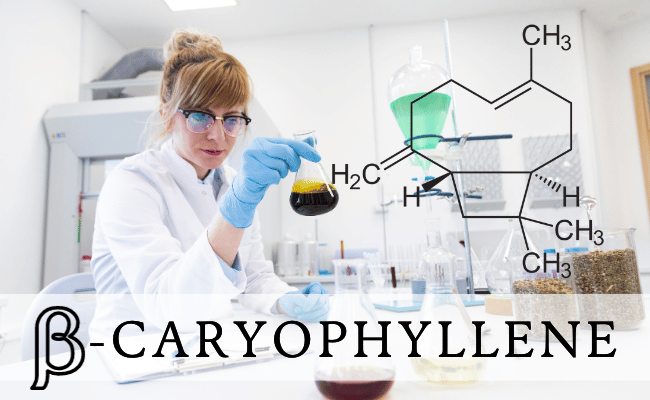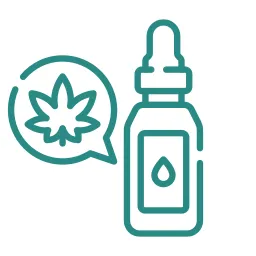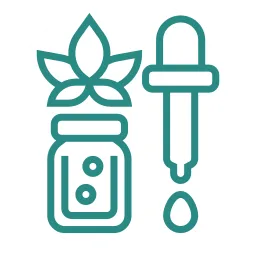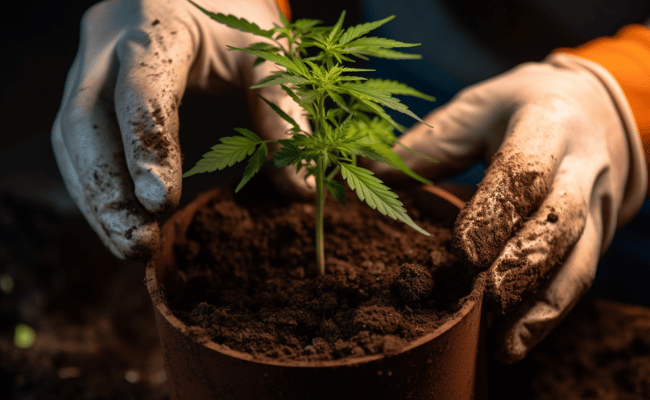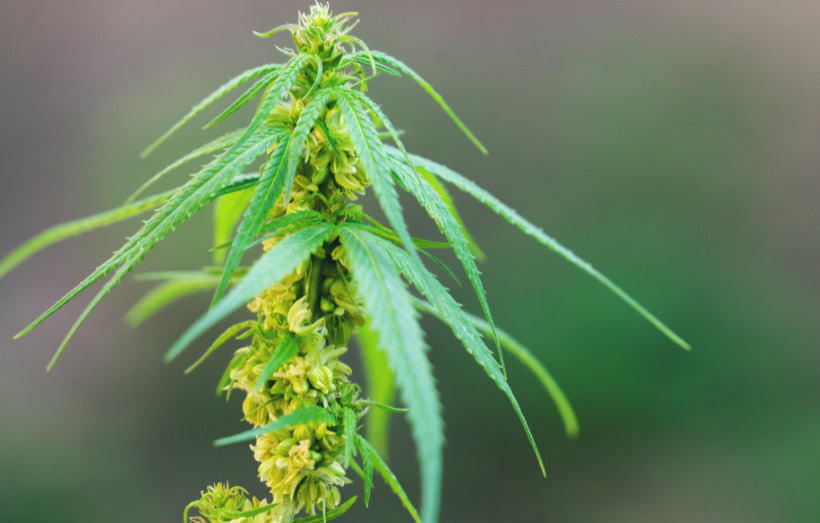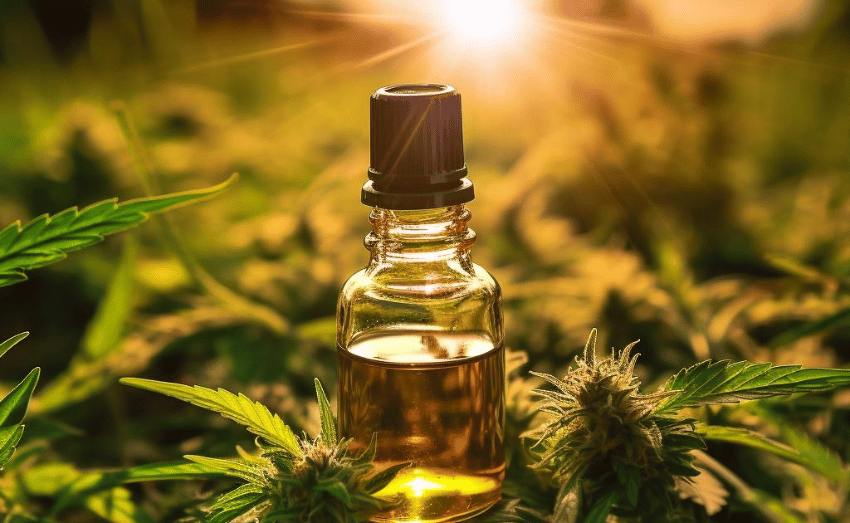If you’ve ever found yourself browsing the eco-friendly sections of stores or reading about sustainable crops, you’ve probably come across hemp. But what exactly is it, and is it worth growing? In this beginner-friendly guide, we’ll delve deep into the pros and cons of cultivating this versatile plant.
Why Grow Hemp?
Hemp is not just another crop. It’s a multi-use plant with a history that dates back thousands of years. Ancient civilizations relied on hemp for textiles and even medicine. Fast-forward to today, it’s hailed as a potential answer to many modern-day challenges, from deforestation to the fashion industry’s environmental footprint.
In recent years, there’s been a significant buzz about hemp. It’s not just about the health benefits or its use in sustainable fashion. Hemp, as a crop, is taking the agricultural world by storm, promising greener practices and economic opportunities. But like any coin, there are two sides to hemp cultivation.
Before diving headfirst into this venture, it’s essential to weigh both the benefits and challenges. Here, we break down the primary pros and cons of growing hemp for beginners and seasoned farmers alike.
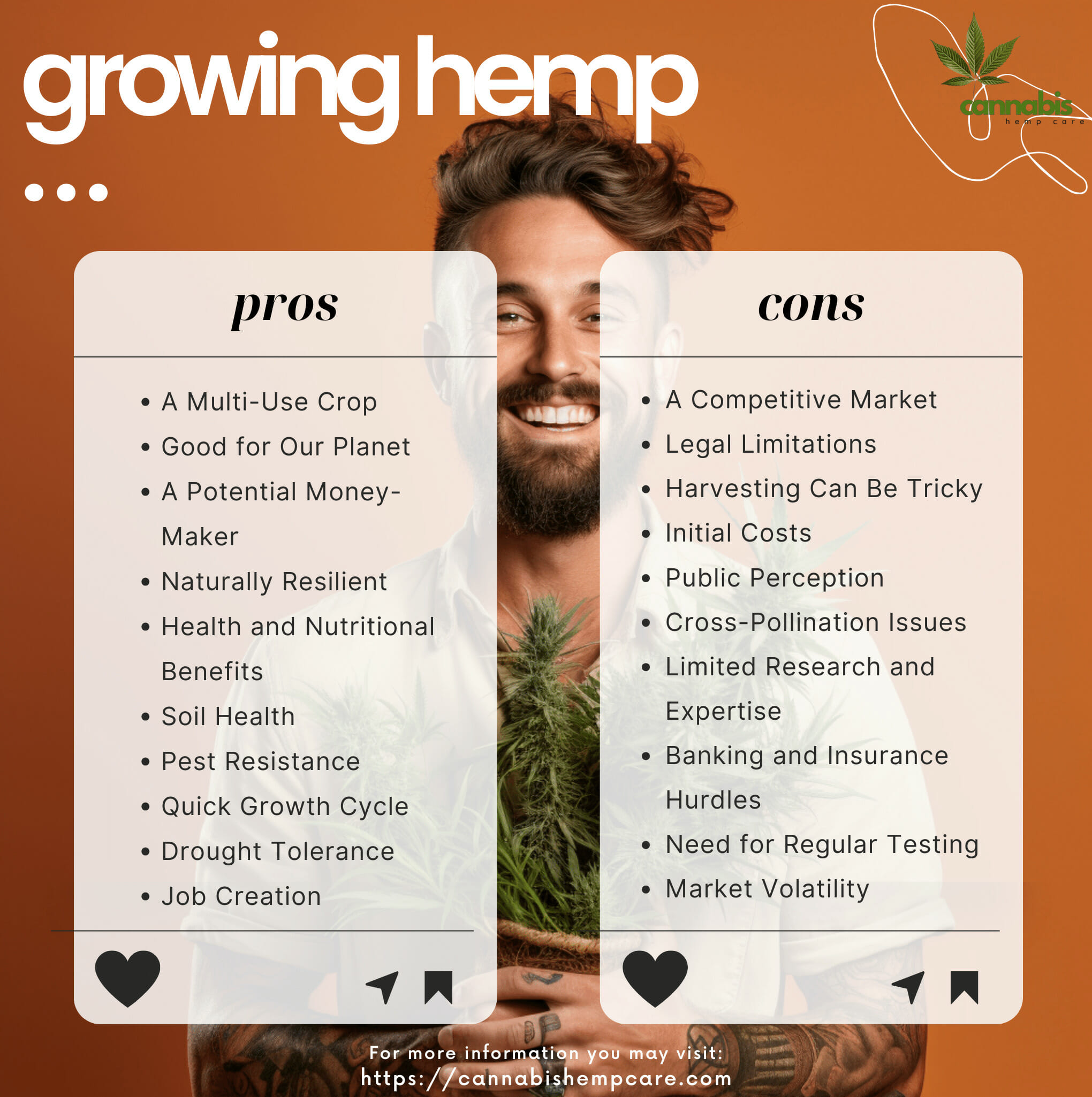
Pros of Growing Hemp
1. A Multi-Use Crop
Why is hemp considered versatile? From its seeds to stalks, every part of the hemp plant can be used. Whether it’s for food, clothing, or building materials, hemp has a use.
2. Good for Our Planet
How does hemp benefit the environment? A study from the University of Connecticut found that hemp can absorb more CO2 per hectare than forests. That’s right! Hemp may play a role in battling climate change.
3. A Potential Money-Maker
Can you profit from hemp? With the rise of CBD products, hemp cultivation can be lucrative. Some reports even suggest profits of up to $730 per acre.
4. Naturally Resilient
Is hemp hard to grow? Not at all! Hemp is a hearty plant that doesn’t require much water or pesticides. This characteristic makes it beginner-friendly.
5. Health and Nutritional Benefits
What are the health benefits of hemp? Hemp seeds are packed with protein, essential fatty acids, and other nutrients. According to a study in the Journal of Agricultural and Food Chemistry, hemp seeds also have antioxidant effects.
6. Soil Health
How does hemp impact soil? Hemp has a deep root system that helps in preventing soil erosion. Moreover, it has the ability to detoxify and regenerate the soil, making it ideal for crop rotation.
7. Pest Resistance
Are pests a big concern with hemp? Generally, no. Hemp is naturally resistant to many pests, which reduces the need for harmful pesticides.
8. Quick Growth Cycle
How long does hemp take to grow? Hemp has a short growth cycle of about 108-120 days, allowing for multiple harvests in a year in certain climates.
9. Drought Tolerance
Can hemp thrive in low water conditions? Yes, hemp is surprisingly drought-tolerant, making it an excellent choice for areas facing water scarcity.
10. Job Creation
Does the hemp industry offer job opportunities? Absolutely! From cultivation to processing, the hemp industry can create numerous job opportunities in rural and urban areas alike.
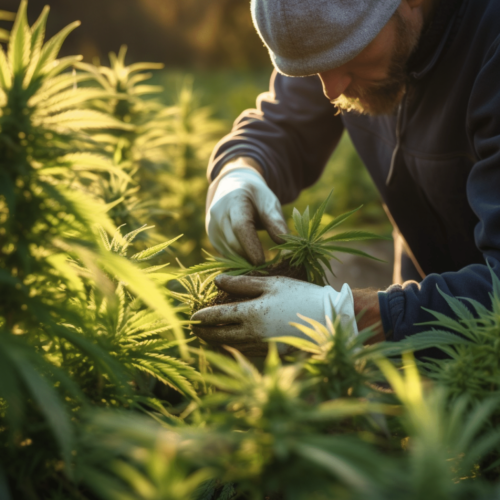
Cons of Growing Hemp
1. A Competitive Market
Is the hemp market saturated? Due to its popularity, many farmers are venturing into hemp cultivation. This surge means more competition, which might affect profitability.
2. Legal Limitations
Is growing hemp legal everywhere? No. While many places have embraced hemp farming, some states and countries still have restrictions. Always check local regulations.
3. Harvesting Can Be Tricky
Why is hemp harvesting challenging? Hemp requires special machinery to process it, and maintaining crop quality can be tough. Beginners might need time to get the hang of it.
4. Initial Costs
How much does it cost to start growing hemp? There can be significant upfront costs. Licensing fees, machinery, and land preparation can add up.
5. Public Perception
Do people always differentiate between hemp and marijuana? Unfortunately, no. Despite being distinct plants with different uses, they’re often confused. This misconception can lead to theft or public backlash.
6. Cross-Pollination Issues
Is cross-pollination a concern? Yes. Hemp can cross-pollinate with marijuana, potentially reducing the potency of marijuana crops. This can lead to tensions between hemp and marijuana growers.
7. Limited Research and Expertise
Is there enough knowledge about hemp cultivation? Although it’s increasing, there’s still limited research compared to more traditional crops, which can pose challenges for growers.
8. Banking and Insurance Hurdles
Can hemp growers easily get bank loans and insurance? Many financial institutions still hesitate to support hemp businesses due to the plant’s association with marijuana and fluctuating market dynamics.
9. Need for Regular Testing
Is testing hemp crops mandatory? Yes, regular testing is required to ensure THC levels are below 0.3%. If they exceed this limit, the entire crop might have to be destroyed.
10. Market Volatility
Is the hemp market stable? The hemp market can be unpredictable. Prices fluctuate based on supply and demand, CBD popularity, and regulatory changes.
Hemp cultivation holds a world of potential, both in terms of sustainability and economic viability. Its multi-use nature and ecological benefits paint a promising picture. However, like any agricultural endeavor, it comes with its own set of challenges. From market dynamics to legal implications, these are hurdles every prospective hemp farmer should be prepared for.
As with any crop, knowledge is power. By staying informed, adapting to changes, and embracing sustainable practices, those in the hemp industry can navigate these waters successfully.
Whether you’re considering a new agricultural venture or simply curious about the intricacies of this ancient crop, understanding the full scope of hemp’s possibilities and pitfalls is paramount.
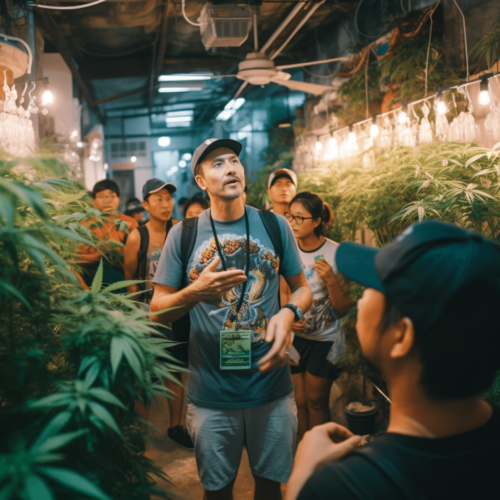
Conclusion
The world of hemp cultivation is vast and nuanced. For every advantage, there’s a potential pitfall. Yet, as the industry matures and research expands, many of these challenges may lessen over time. For those intrigued by hemp’s potential, a calculated approach, continuous learning, and adaptability will be key assets on this green journey.
FAQs
What are the benefits and uses of hemp?
Hemp is a versatile crop used in a wide range of applications. Its seeds are a valuable source of protein, essential fatty acids, and other nutrients. The fiber from the plant’s stalks is used in textiles, building materials, and paper, while the flowers and leaves are used in CBD products. Hemp has therapeutic properties and can be used in lotions, balms, and oils for its skin-friendly benefits.
What are the environmental impacts of hemp?
Hemp has several positive environmental impacts. It can absorb more CO2 per hectare than forests, according to a study from the University of Connecticut, playing a role in combating climate change. Hemp’s deep root system prevents soil erosion and detoxifies and regenerates the soil. It is also naturally pest-resistant, reducing the need for harmful pesticides. However, large-scale cultivation can have some negative effects, such as land and water use.
Is hemp good or bad for you?
Hemp is generally considered to be good for you, especially in terms of nutrition. Hemp seeds are a rich source of protein, essential fatty acids, and other important nutrients. They also have antioxidant effects, as shown in a study published in the Journal of Agricultural and Food Chemistry. However, excessive consumption of hemp-based products, particularly those with CBD, may have adverse effects. Always consult a healthcare professional before using hemp products for health purposes.
Why is hemp sustainable?
Hemp is considered a sustainable crop due to several factors. It requires less water and pesticides than many traditional crops. It grows quickly, with a growth cycle of about 108-120 days, allowing for multiple harvests in a year in certain climates. Its deep root system enriches the soil, making it ideal for crop rotation. Additionally, the versatility of hemp means that virtually every part of the plant can be used, minimizing waste.
Why do people farm hemp?
People farm hemp for various reasons. The plant’s versatility allows for a wide range of applications, from food and textiles to building materials and CBD products. Hemp cultivation can be lucrative, with some reports suggesting profits of up to $730 per acre. The growing demand for sustainable, eco-friendly products also makes hemp an attractive option for farmers. Additionally, hemp farming may create job opportunities in both rural and urban areas.

